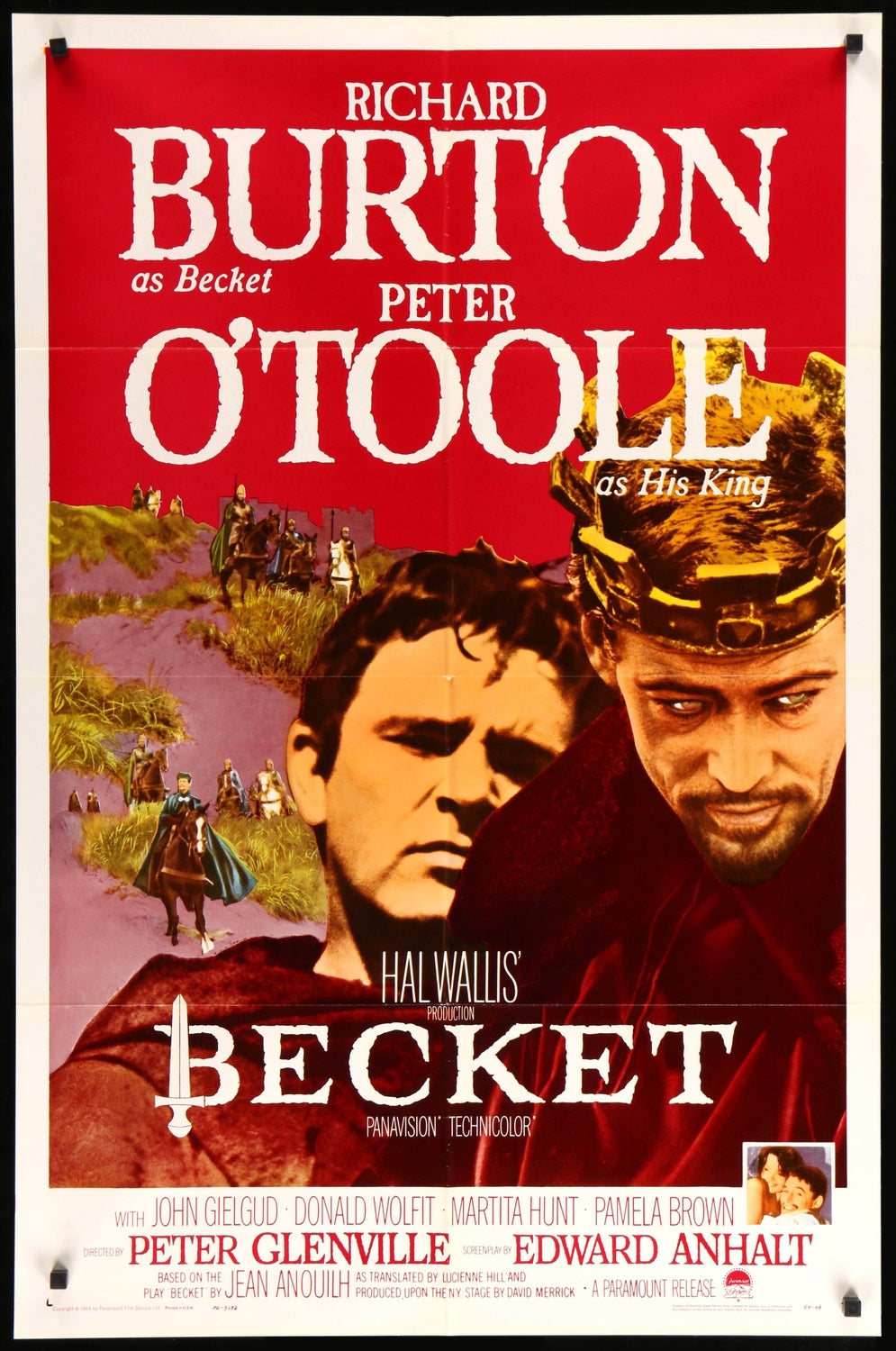In 1992 Pope John Paul II beatified seventeen martyrs killed under English rulers, including Elizabeth I and Oliver Cromwell, between 1584 and 1654. They included three bishops, seven priests, one brother, five laymen and one laywoman. The pope proclaimed:
“And how can we fail to sing the praises of the seventeen Irish Martyrs being beatified today?…
“We admire them for their personal courage. We thank them for the example of their fidelity in difficult circumstances, a fidelity which is more than an example: it is a heritage of the Irish people and a responsibility to be lived up to in every age.
“In a decisive hour, a whole people chose to stand firmly by its covenant with God: ‘All the words which the Lord has spoken we will do’.… The religious and political turmoil through which these witnesses lived was marked by grave intolerance on every side. Their victory lay precisely in going to death with no hatred in their hearts. They lived and died for Love. Many of them publicly forgave all those who had contributed in any way to their martyrdom.
“The Martyrs' significance for today lies in the fact that their testimony shatters the vain claim to live one's life or to build a model of society without an integral vision of our human destiny, without reference to our eternal calling, without transcendence.…
“To the Martyrs' intercession I commend the whole people of Ireland: their hopes and joys, their needs and difficulties. May everyone rejoice in the honor paid to these witnesses to the faith. God sustained them in their trials. He comforted them and granted them the crown of victory. May he also support those who work for reconciliation and peace in Ireland today!
“Blessed Irish Martyrs, intercede for the beloved Irish people!”



 *
*

